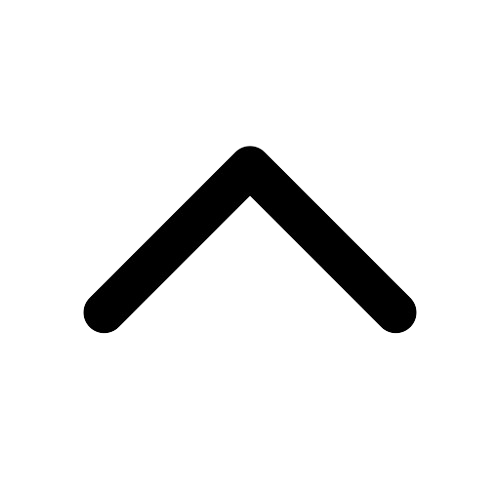Certified IoT Fundamental
Introduction
The Internet of Things (IoT) Fundamental training course provides an overview and insight into the emerging technology. The course covers the basic concepts, terminology, and key components of IoT. It explains the business perspectives of IoT including the advantages of early adoption and monetization models. It further expands on the technologies enabling IoT and the various challenges to expect. Several scenarios describe the use cases and applications of IoT that result in smart applications and services to inspire organizations making the move to IoT. The course provides future insights in IoT and forecasts the status of the connected world in 2030.
Training Approach
The training would involve both theory and practical led by the instructor. Easy to understand case study-based approach. In depth knowledge from experienced trainer.
Who Should Attend
The Internet of Things Fundamental course is most interesting for business and management professionals, including:
|
|
Prerequisites
It is expected that students will have a basic knowledge of Internet concepts (Difference between Internet and Web, URL, Http/Https, DNS, etc.), Networking concepts (LAN/WAN/MAN, routers, protocols, topologies, etc.), programming devices using C / C++ / Python, as well as knowledge of computer fundamental
Duration
4 days
Course Outline
The following is the outline of the course:
Concepts and Terminologies
- Introduction: Internet, Things and IoT
- IoT Types, History and Evolution of IoT
- Cyber-Physical Systems and differences among IoE, M2M. and IoT
- Facts and Figures Around IoT Application Areas
IoT Security and Top Governance Issues:
- IoT Security Challenges
- Causes of IoT Security Breaches
- IoT Security Risks
Business Orientation
- Drivers of IoT
- Benefits of a Connected World
- IoT Business:
- Opportunities, Benefits, and Challenges
- IoT Monetization Strategies and Models
IoT Case Studies and Future Predictions:
- IoT Usage Scenarios
- IoT Growth Perspectives
- IoT Future Predictions
Basic Building Block of IoT –Architecture:
- Architecture of IoT components
- Network components within IoT
Hands-on Lab
- Setup IoT software and hardware
- Setup and configure IoT hardware together with other sensor devices
- Coding to program the IoT software and hardware
Enabling Technologies of IoT:
- Role of Social Media and Mobility in IoT
- Role of Big Data and Analytics in IoT
- Role of Cloud Computing in IoT
Disclaimer : Course contents are subject to change without prior notice
